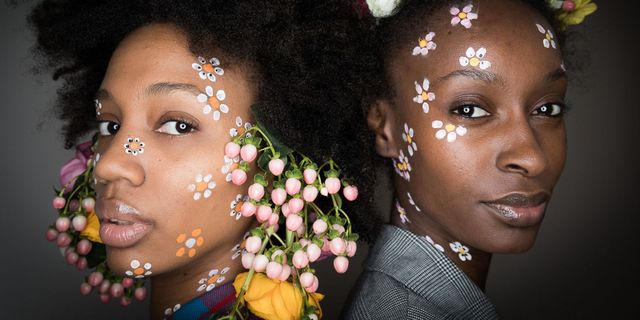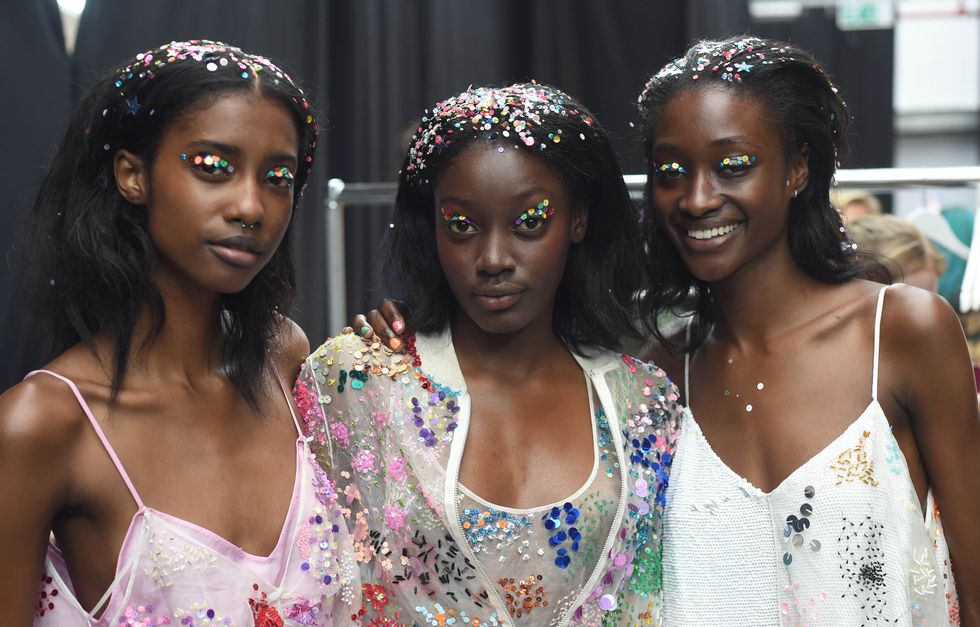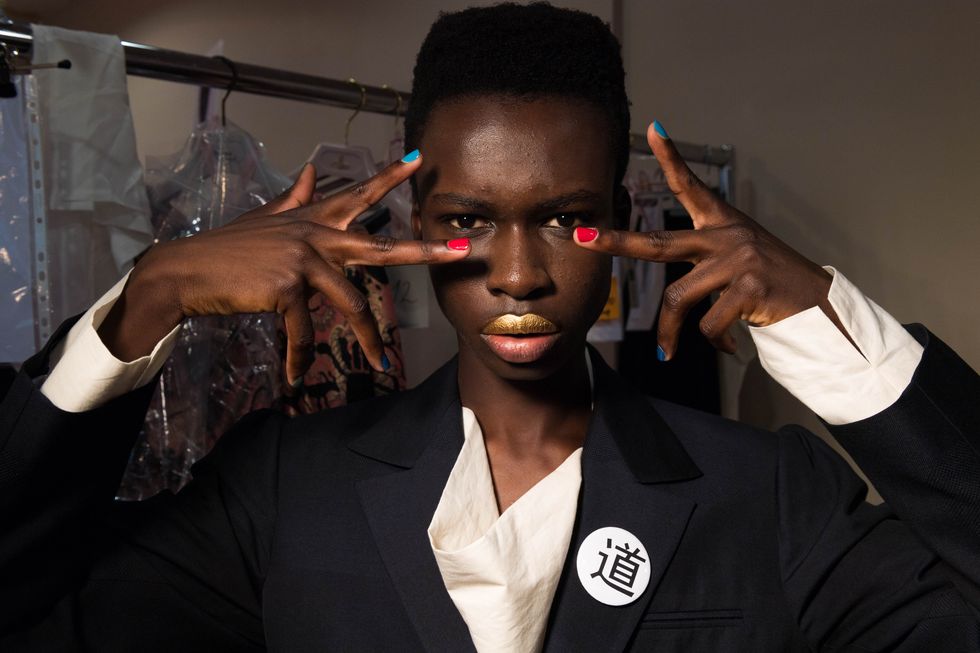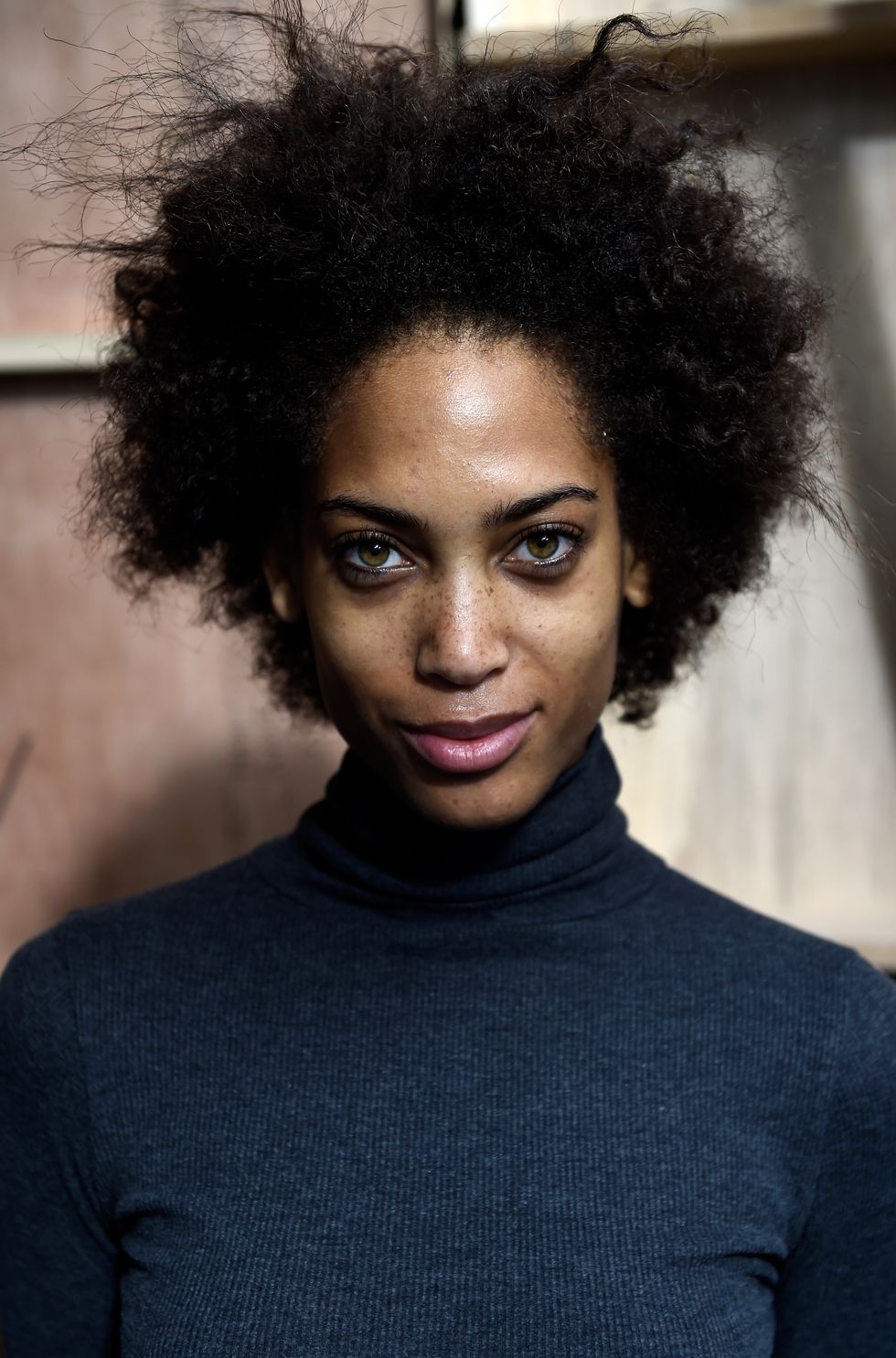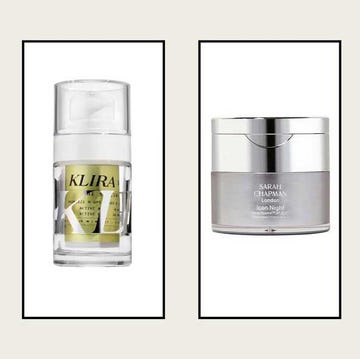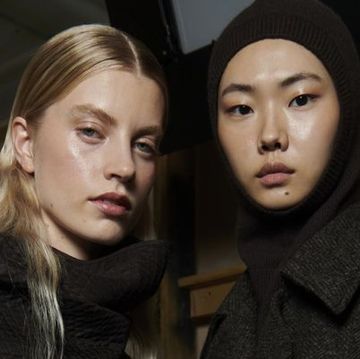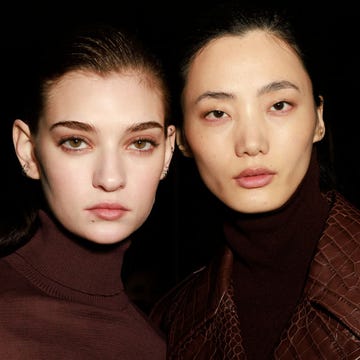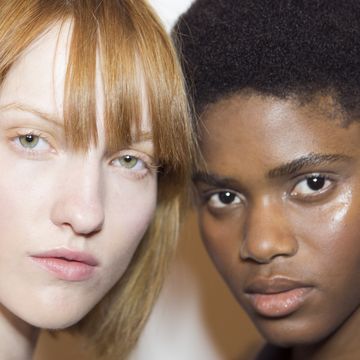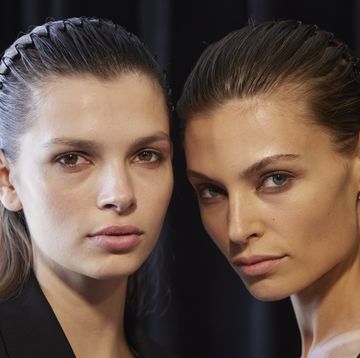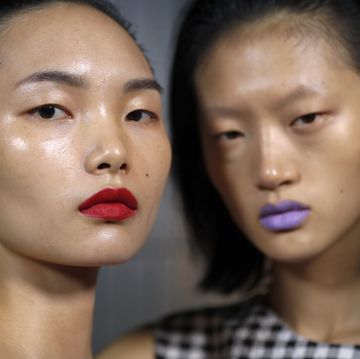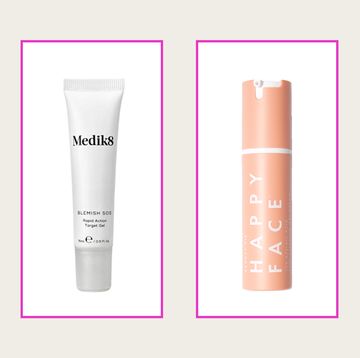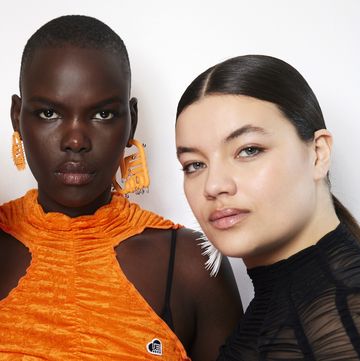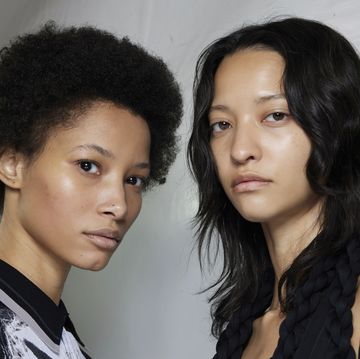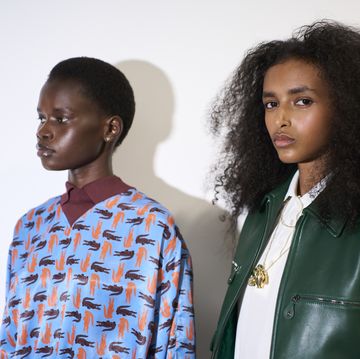When you sit down to apply your make-up in the morning, how often do you consider the chemicals making their way into your dermal layers?
Some of us do, of course, but most of us not very comprehensively. And most of us won't have considered the idea that different skin tones could be subjected to different chemicals.
However, researchers now claim that women of colour are being exposed to higher levels of toxins such as mercury, steroids and hormone-disrupting chemicals from beauty products aimed at them, as opposed to lighter skinned women.
Last year, a report by the Environmental Working Group (EWG) asserted that one in 12 beauty products marketed to black women contained harmful ingredients. They also noted that less than 25 per cent of items marketed for women of colour beauty pose a minimal threat to women - compared to 40 per cent of those marketed to the general public.
In new commentary published yesterday in the American Journal of Obstetrics and Gynaecology, researchers from George Washington University and Occidental College in the US claim that black, Asian-American, and Latina women in the US spend more money on beauty products than the national average.
They claim this is because beauty-product marketing has a tendency to perpetuate racist standards of beauty.
As a result, people of colour are said to be unknowingly putting themselves and their prospective children in danger of numerous health issues.
'Pressure to meet Western standards of beauty means Black, Latina and Asian American women are using more beauty products and thus are exposed to higher levels of chemicals known to be harmful to health,' Ami Zota, an environmental epidemiologist at the George Washington University, said in a statement.
The experts found that greater amounts of 'beauty-product related environmental chemicals' – from skin-lightening creams and hair relaxers aimed to help women conform to 'European beauty norms' – had been found among women of colour compared to white women, they added.
According to the report, some skin-lighteners may contain hidden ingredients such as mercury and steroids, while straighteners can include hormone oestrogen, which is known to trigger premature reproductive development in young girls.
Zota added: 'Skin-lightening creams can contain hydroquinone, topical corticosteroids, or inorganic mercury. Multiple cases of mercury poisoning, characterised by damage to the kidneys and the central nervous system, have been reported following use of skin-lightening products.'
Furthermore, vaginal douching products often marketed to black women may contain a harmful chemical called DEP, which can cause birth defects in babies.
'Beauty product use is a critical but under appreciated source of reproductive harm and environmental injustice,' Zota noted.
Beauty blogger and writer Natalie Kumah, who identifies as a Black British woman of West African descent, regularly reviews cosmetics for people of colour and admits she's not entirely shocked by the report.
'I feel the research and overall consideration for Black and Asian skin in the beauty industry is beyond lacking. This results in a serious knock-on effect, which means we get lumped with lesser (and, in this case, particularly harmful) products compared to non-women of colour,' she says.
However, it has made her think twice about the cosmetics she'll use in future.
'I do not buy lightening creams but, as someone who has used relaxer several times, I will definitely be more mindful about what products I buy,' she adds.
Meanwhile, Somali-British beauty journalist Sue Omar is quick to point out that while it is concerning that women of colour are more prone to harmful toxins based on alleged 'internalized racism', this isn't the case for all women.
She says: 'Of course, some women would like to have brighter skin or straighter hair, and surely that should be the choice of said individual. It's completely unfair that women are constantly scrutinised based on their individual beauty choices and looks.
'The study highlights that women of colour that choose to use the listed beauty products are at risk of having life-changing fertility issues, which is incredibly alarming. Products that have been made with these harmful toxins should be prohibited and not be sold to anyone and I would urge all women to seek safer beauty solutions,' she adds.
The researchers warned doctors working in obstetrics and gynaecology 'should be aware of the potentially toxic effects of commonly used beauty products, recognise disparities across these demographics, and be prepared to counsel patients who have questions about these and other environmental exposures'.
The report's authors also call for further policies to improve testing and clarity when it comes to beauty companies disclosing the ingredients and toxins in beauty products.
They have our support.
